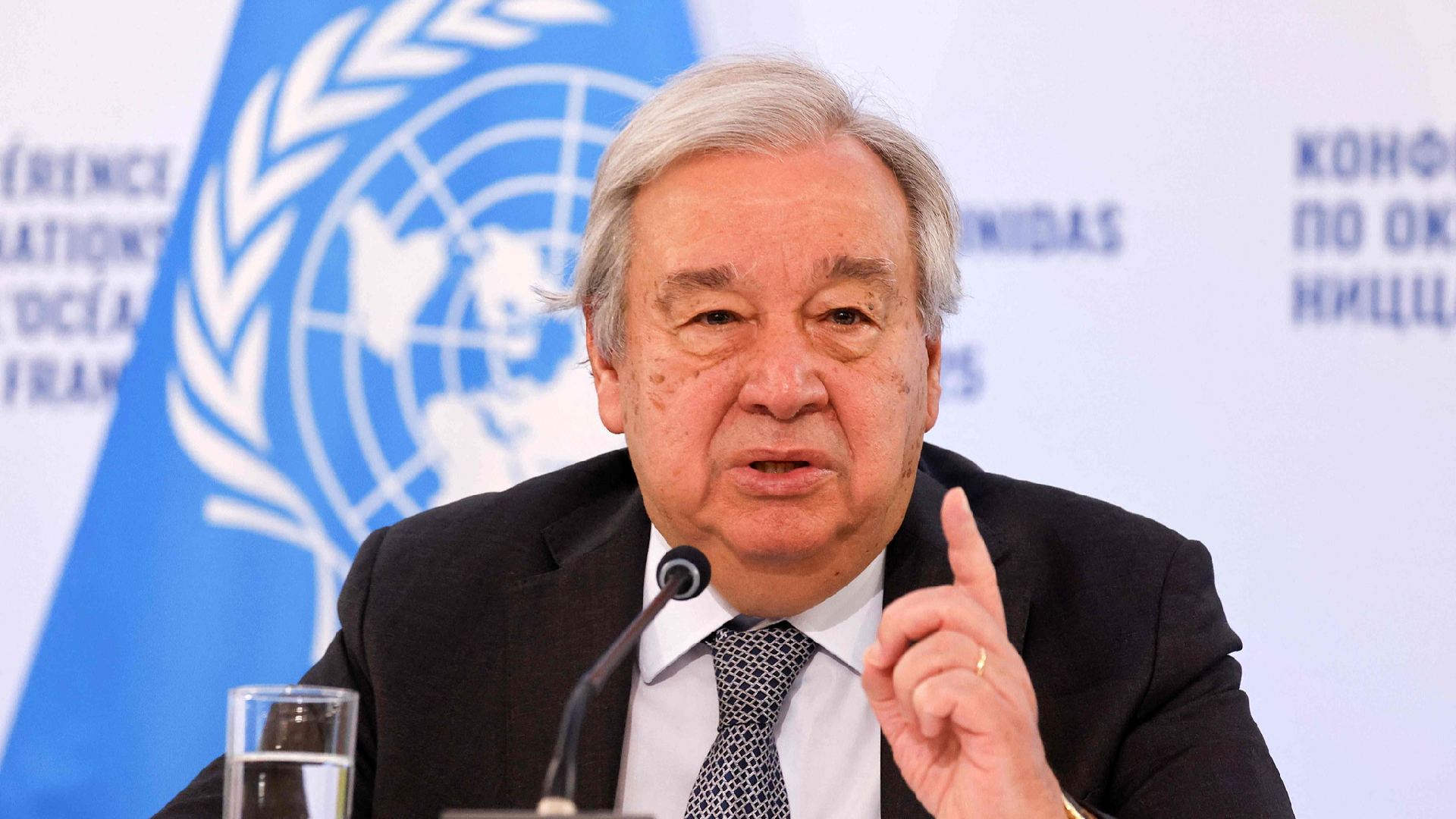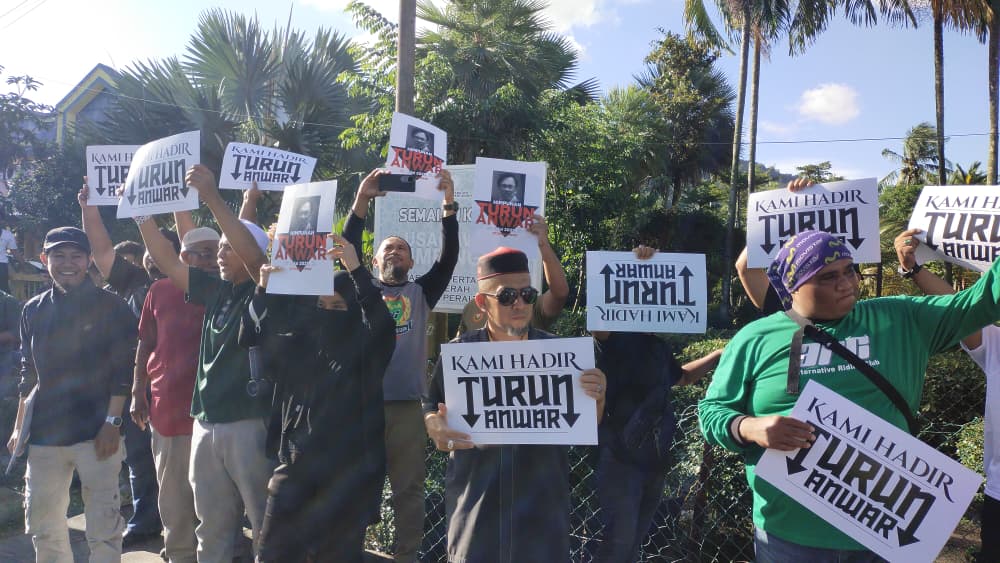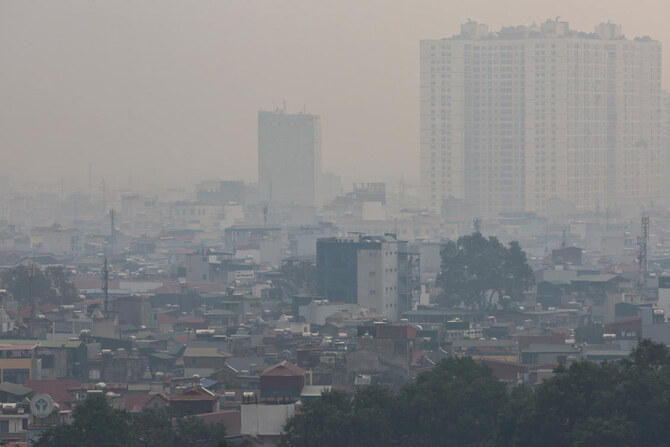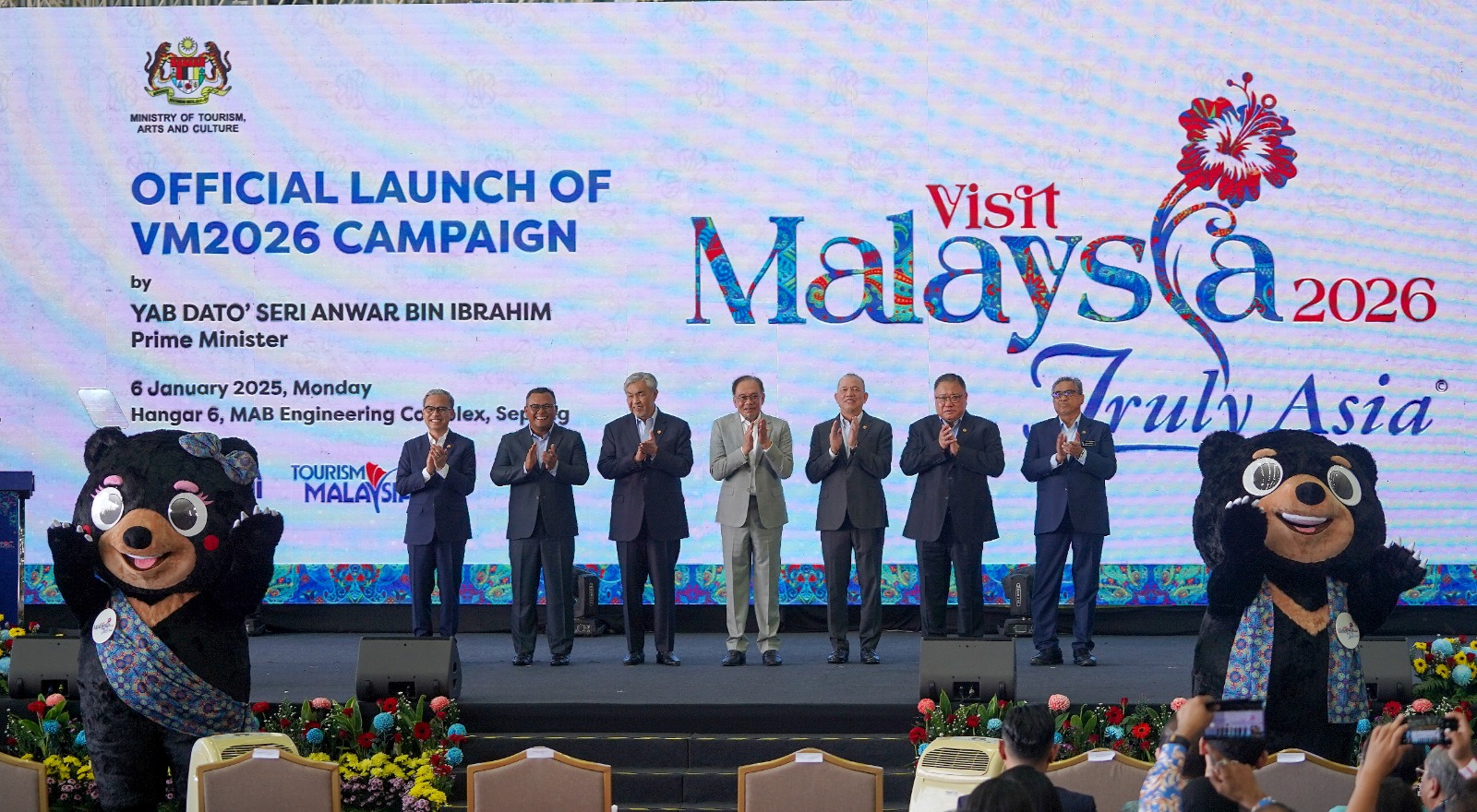The world stands dangerously close to the edge. The intensifying military confrontation between Israel and Iran is not just a regional skirmish—it is a looming catastrophe that could engulf the entire Middle East, destabilize global peace, and irreversibly damage humanitarian foundations across borders. The alarm has been sounded by none other than UN Secretary-General Antonio Guterres, whose urgent call for immediate de-escalation and a ceasefire is not just diplomatic language—it’s a desperate plea to halt a firestorm before it consumes us all.
This Is Not Just Their War—It’s Our Shared Crisis
Each airstrike launched, each missile retaliated, and each civilian casualty buried in rubble echoes far beyond the region. Guterres has voiced deep concern over the escalating violence, warning that further internationalization of the conflict could lead to “enormous consequences…for international peace and security at large.” His words must not be taken lightly.
This isn’t just about geopolitics. This is about children losing their parents, hospitals turned to ruins, families shattered forever. And it’s happening now.
Diplomacy Is Not Weakness—It’s the Only Way Forward
The Secretary-General reminded the world that diplomacy—not aggression—is the only effective pathway to peace. The time has come to double down on dialogue, not drones. Discussions on Iran’s nuclear program and regional concerns must take place across negotiation tables, not through explosions in the night skies.
Israel’s recent airstrikes, including over 70 targets hit within 24 hours, demonstrate the velocity at which this conflict is spiraling. Military action is expanding—centering on strategic sites like uranium enrichment facilities and missile production centers. But while the headlines focus on military statistics, the silent toll is on civilians—those who have no voice in this war, yet suffer the gravest consequences.
The UN Charter Is Not a Suggestion—It’s a Lifeline
Let us not forget that the United Nations Charter exists to “save succeeding generations from the scourge of war.” It’s not a document to be quoted during peace conferences—it’s a living, breathing commitment to humanity. And right now, that commitment is being tested like never before.
Guterres’ call to action is rooted in the very foundations of international law and humanitarian principles. Every nation must now examine its conscience. Every citizen must now raise their voice.
Why This Matters to You—Yes, You
You may not live in Israel. You may not live in Iran. But you live on the same planet. Global markets, oil prices, refugee flows, food security, and cyber stability—all of these are deeply interconnected with the events playing out right now. If this conflict escalates, the ripple effects will be inescapable. Whether you’re in Europe, Asia, Africa, or the Americas—this matters.
What Can Be Done—And Why We Must Not Wait
Governments must pressure for an immediate ceasefire and push for emergency diplomatic talks through international bodies like the UN, Arab League, and the European Union.
Media outlets must focus on factual reporting and amplify humanitarian voices rather than sensationalize destruction.
You, the global citizen, can and must demand action. Write to your representatives. Organize or support peace advocacy campaigns. Share accurate information. Use your platforms—not for outrage—but for solutions.
This Is the Time to Choose Humanity Over Hostility
History will remember this moment. Not just for the violence, but for how the world responded. Will we look back and say we acted with courage, compassion, and conviction—or will we remain silent as the storm brews louder?
The clock is ticking. The sirens are sounding. The choice is ours.
Stand for peace. Speak for peace. Demand peace.
#CeasefireNow #MiddleEastPeace #UNCharter #GlobalSolidarity #StopTheWar #ActForPeace #DiplomacyFirst




